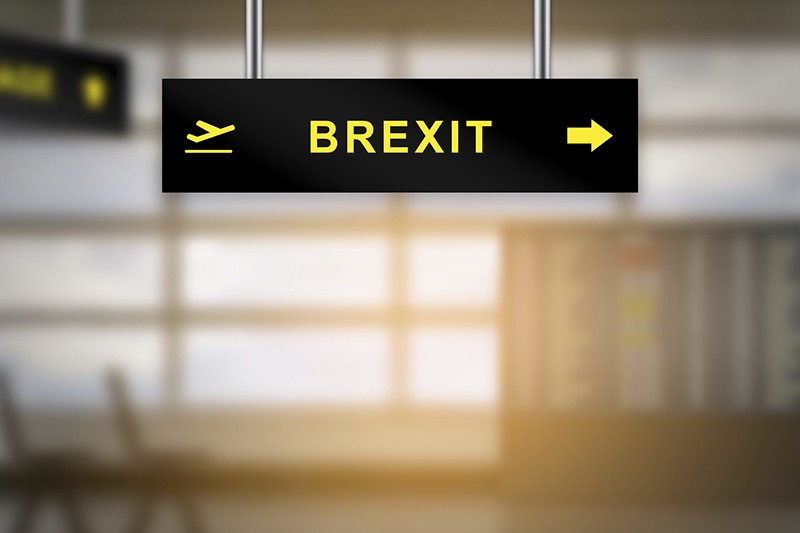UK could seek ‘transitional deal’ to cushion Brexit

Prime Minister Theresa May has hinted that the UK could seek a transition deal to allow the country to avoid a ‘cliff edge’ effect of leaving the European Union.
The prime minister is today addressing the annual conference of the Confederation of British Industry (CBI), and has unveiled several policy developments aimed at soothing Brexit fears.
Business leaders are concerned that there won’t be enough time to establish favourable trading relations in the two year period allowed once Article 50 is triggered.
The government is expected to trigger Article 50 in spring next year, which would mean the UK would automatically leave the EU two years later in 2019 - regardless of whether a mutually satisfactory deal has been struck.
Speaking this morning, Theresa May appeared willing to respond to pleas made by Paul Dreschler, the CBI president.
“I understand the point that Paul has made, others have made this point, that people don’t want a cliff edge, they want to know with some certainty how things are going to go forward. That will be part of the work that we do in terms of the negotiation that we are undertaking with the European Union.”
This is assumed to mean that the UK would seek a transitional deal, allowing it to stay in the single market, or preserve many aspects of single market membership for a period after leaving the EU.
However, while this is appealing to many in business, those negotiating Brexit from the EU side are unlikely to be in the mood to compromise with the UK. Many European leaders are urging the EU to enforce a ‘Hard Brexit’, to help ensure the negotiations don’t drag on for years, and to discourage other countries from considering an exit or renegotiations.
Such a plan is also likely to face opposition from within May’s own cabinet, where senior Brexiteers will fear such an approach will inevitably lead to a ‘Soft Brexit’. They believe this means the UK will retain what they see as the worst aspects of EU membership, and never break free of its dominance.
The UK pharmaceutical industry has been careful not to publicly back either of these different factions – but it will nevertheless want to minimise the risk to the sector.
However, behind the scenes, many business sectors are fearful of a hard and indeed rapid Brexit. Brexit-sceptic and Conservative ex-minister Anna Soubry MP says one pharmaceutical company has privately informed her that if the UK leaves the single market (as would be the case in a Hard Brexit) it would relocate to Europe, taking with it 1,000 jobs.
Support for innovation
Meanwhile May has also suggested the government could cut corporation tax even further than planned by the former Chancellor George Osborne. Corporation tax is due to fall to 17% by 2020, but she says this could dip further - even below the 15% promised recently by President-Elect Donald Trump for the US.
At the same time, May appears to be backtracking on an earlier-announced policy to put workers on the boards of all companies.
An extra £2bn a year has also been promised to fund scientific research and development by 2020, a move which May says would make the country “profoundly pro-innovation."
This is very encouraging news for the UK pharma industry, however it also wants to see increased investment in the NHS – to all and intents and purposes its only customer in the country, and one being squeezed by unprecedented financial pressure.
New Chancellor Philip Hammond makes his crucial Autumn Statement this Wednesday, which is likely to include announcements of investment in multi-billion road and rail infrastructure projects. Measures to ease financial pressure on the so-called ‘Just About Managing’ (JAM) segment of UK society, working age households on low-to-middle incomes are also expected.
However despite pleas from the NHS for more funding, Hammond is expected to pass over the health service. This will leave the health service facing increasing pressure on services and few options to avert more debt in the system, increasing the risk of patient care being undermined and reducing budgets for medicines.










